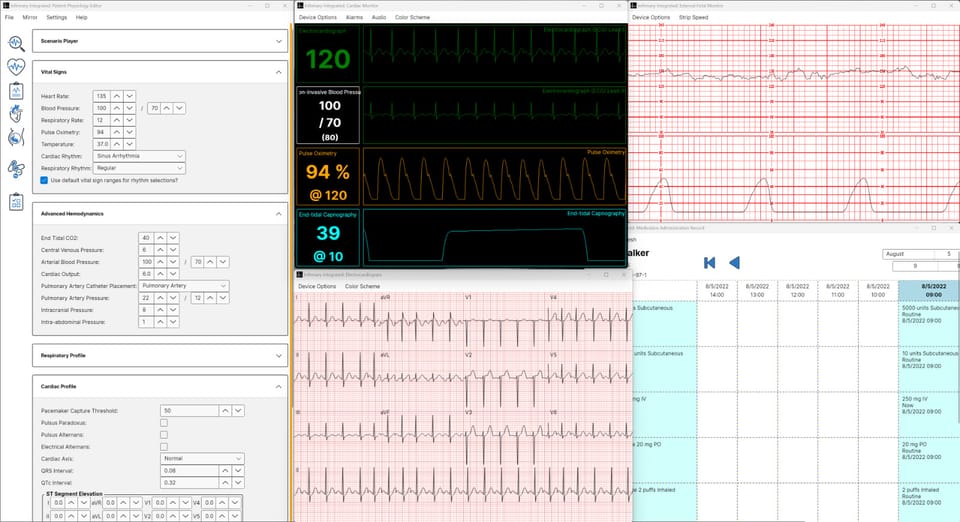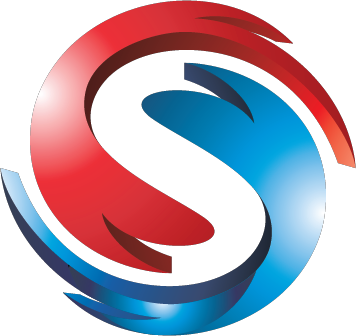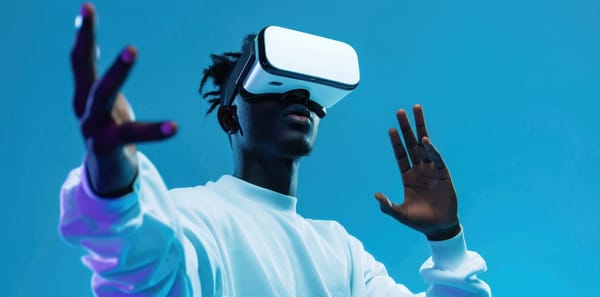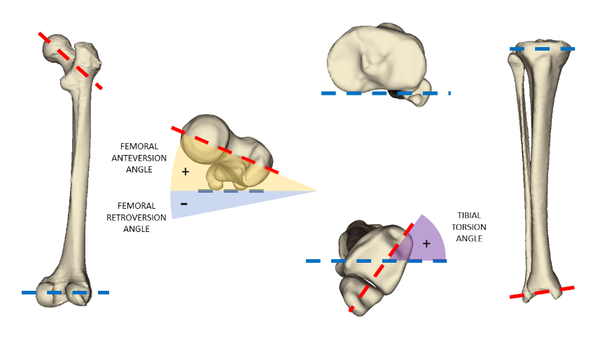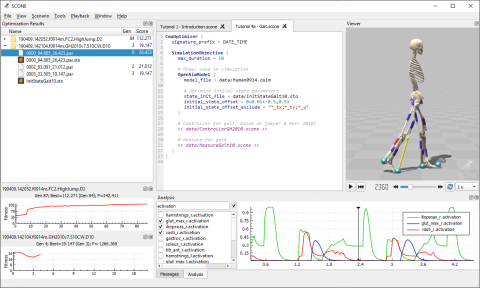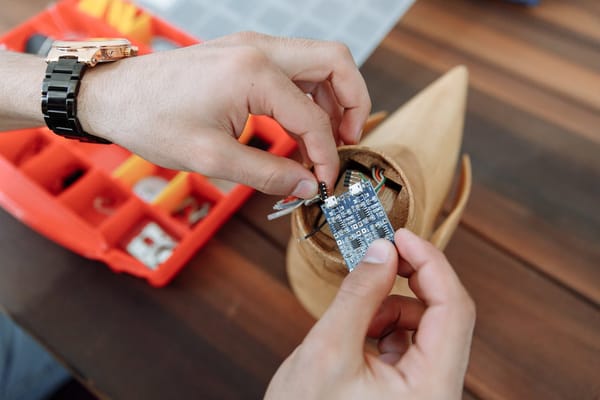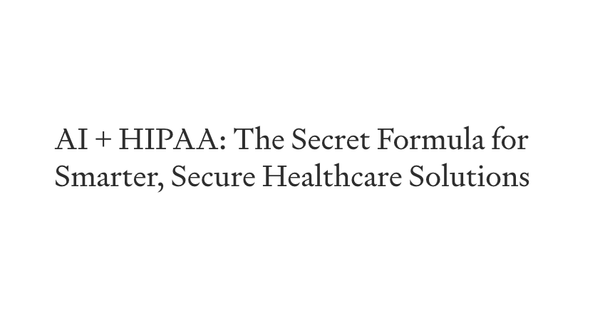23 Free and Open-source Medical Simulation Projects in 2024
Table of Content
Medical simulation has become a critical tool in training healthcare professionals. By replicating real-life medical scenarios, these simulations provide a safe environment for students and professionals to practice and improve their skills.
Benefits of Medical Simulation
- Enhanced Training: Provides hands-on experience without risk to patients.
- Skill Development: Allows repeated practice of procedures.
- Immediate Feedback: Offers real-time feedback for faster learning.
- Standardized Training: Ensures consistency in training across different institutions.
Costs of Medical Simulation
- Initial Setup: Some projects may require investment in hardware and software.
- Maintenance: Regular updates and maintenance may be needed.
- Training: Users might need initial training to effectively use the simulations.
Challenges
- Technical Issues: Ensuring software compatibility and dealing with bugs.
- Realism: Creating highly realistic simulations can be complex.
- Resource Availability: High-quality hardware might be costly and scarce in some regions.
- Acceptance: Gaining acceptance from traditional medical training institutions can be slow.

In the following list, we collected the best open-source promising medical simulation projects. Here, we explore 23 free and open-source medical simulation projects available in 2024.
1. Spread Python disease spreading and visualisation
Spread is a small python script that creates a simple model for disease spreading among a population. The idea is to be able to watch the effects of the variation for several key parameters.
It takes into account :
- The existing immunity among the population
- The infection probability of the disease
- The contagion time once a person has been infected
- The dead rate
- The quarantaine efficiency : the percentage of the infected people that goes into quarantaine after they have been infected
- The time it takes to put an infected person into quarantaine
Of course, it is assumed that once a sick person is into quarataine, they cannot infect any other person.
2. SOFA
SOFA is an open-source framework for interactive physics simulations based on the Finite Element Method (FEM), focused on medical simulation and robotics. It is designed primarily for the research community to develop new algorithms and also serves as a prototyping tool.
SOFA's architecture enables:
- Combining new and existing algorithms for complex simulations.
- Modifying simulation parameters like deformable behavior, surface representation, solvers, constraints, and collision algorithms.
- Creating complex models from simpler ones using a graph description.
- Simulating the dynamics of interacting objects with abstract equation solvers.
- Comparing various algorithms and mathematical models.
3. iMSTK
iMSTK is a C++ based free & open-source toolkit that aids rapid prototyping of real-time multi-modal surgical simulation scenarios. Surgical simulation scenarios involve algorithms from areas such as haptics, advanced rendering, computational geometry, computational mechanics, virtual reality and parallel computing.
iMSTK employs a highly modular and extensible design to enable the use of libraries and codes from these areas in a given application thereby reducing the development time.
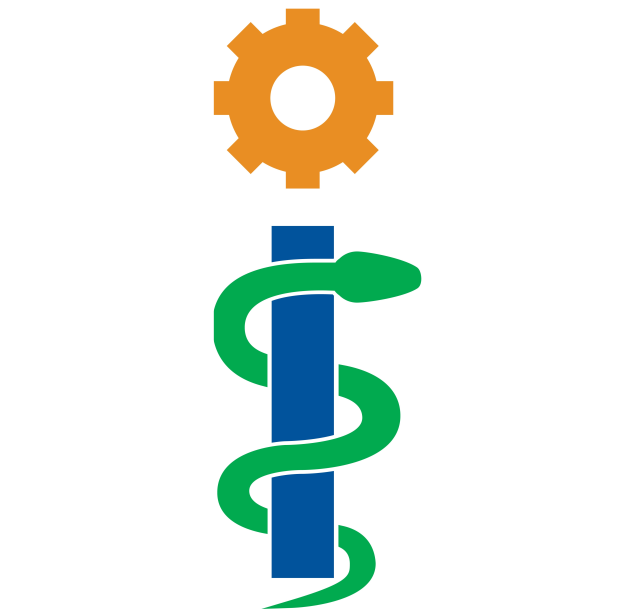
4. Infirmary Integrated
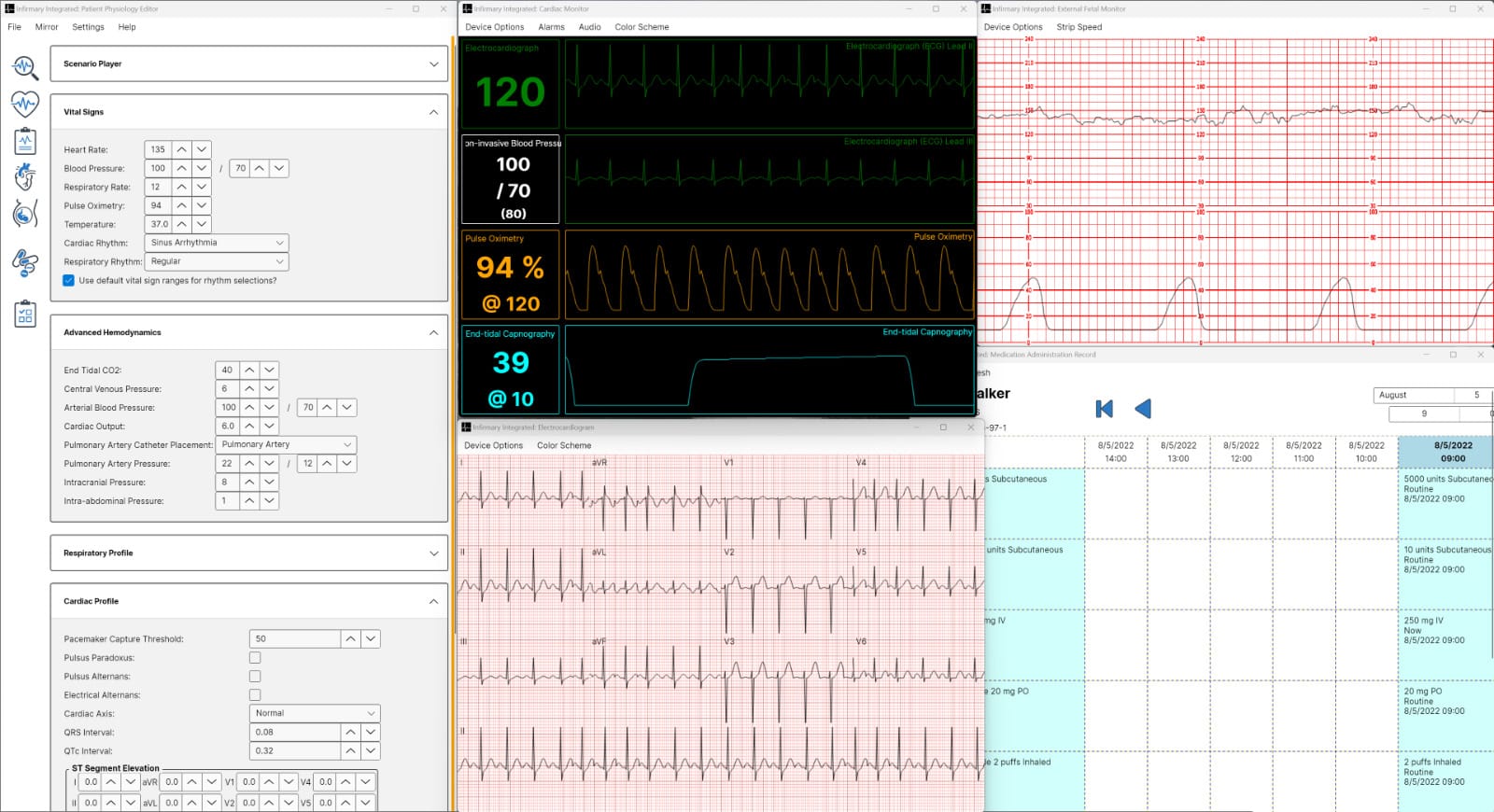
The "Infirmary Integrated" project on GitHub is an open-source electronic health record (EHR) system designed for clinical environments. It offers features such as patient management, clinical notes, scheduling, billing, and prescription handling.
The system is built using the C# language on the .NET framework and utilizes a SQL Server database for data storage. It aims to provide a comprehensive and customizable solution for healthcare providers to manage their clinical operations efficiently.
Features
- Realistic waveforms draw according to multiple factors, accounting for:
- Atrial and/or ventricular contractions
- Aberrant/ectopic beats and resulting decreased pulsatility
- Intrathoracic pressure, depending on mechanical or spontaneous ventilation
- Able to pause devices to better analyze waveforms or create screenshots
- Visual and audio alarms realistically simulate devices for enhanced clinical realism
- Advanced modeling algorithms allow for on-the-fly changes to hemodynamic parameters with a smooth and responsive simulation
- Able to create and play scenarios where the patient's condition changes and progresses
- Students can react to changing patient conditions with pre-made scenario options
- Instructors can guide students through simple or complex pre-made patient presentations and disease progressions
- Able to mirror patient data across multiple computers
- A teacher can run a simulation and automatically broadcast it across the internet
- Students can subscribe to a broadcasted simulation and their screens will automatically synchronize
- Broadcasting is seamlessly and securely processed through Infirmary Integrated's server
- Able to save simulations to files (.ii extension) that can distributed or saved
- Device information and options are also saved in simulation files
- Multiple color schemes can be selected for each device simulator
- "Dark" mode for realistic green-on-black ECG and monitor tracings
- "Light" mode for high-contrast uses such as on an overhead projector
- Some devices allow for "Grid" mode, replicating an ECG traced on gridded ECG paper
Included Readings
- Heart rate (HR)
- Temperature (T)
- Blood pressure (NIBP non-invasive and invasive ABP via arterial line)
- Respiratory rate (RR)
- Pulse oximetry (SpO2, pulse oximeter plethysmograph)
- End-tidal capnography (ETCO2)
- Central venous pressure (CVP)
- Pulmonary artery pressures and waveforms (Swan-Ganz catheter pressures)
- Including all pressures and waveforms to simulate catheter placement and wedging
- Cardiac Output (CO)
- Intracranial pressure (ICP) factoring compliance in the waveform
- Intra-abdominal pressure (IAP, bladder pressure)
- Intra-aortic balloon pump augmentation pressures
- Cardiac axis deviation, pulsus paradoxus, pulsus alternans, and electrical alternans on waveforms
- QRS interval adjustment and QTc interval adjustment for simulating various waveform morphologies
- ST-segment elevation/depression and T-wave elevation/depression on all 12 ECG leads
- Defibrillation, cardioversion, and transcutaneous pacing
- Fetal heart rate (FHR), fetal heart rate variability, and uterine contractions (frequency and duration)
5. MTR-Sim Mobile Telemanipulator Robot Simulator (MTR-Sim) for Healthcare
The "MTR-Sim" project on GitHub, developed by the UCSD RHC Lab, is an open-source MATLAB-based simulator for Multi-Terrain Robots (MTR). It is designed to model and simulate the dynamics and control of robots traversing different terrains.
The simulator includes features for terrain modeling, robot kinematics and dynamics, and control algorithms, providing a versatile tool for researchers and engineers to test and develop robotic systems in varied environments.
6. VR-medical-learning-and-training
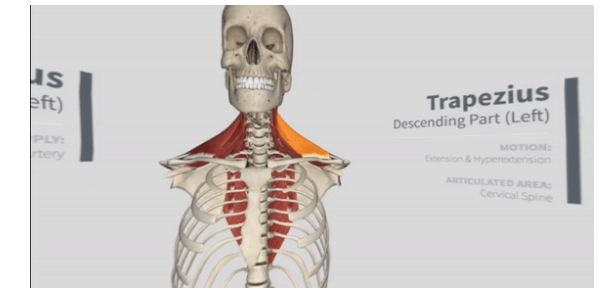
The "VR Medical Learning and Training" project on GitHub, created by Somesh G Kale, is an open-source virtual reality (VR) platform aimed at enhancing medical education and training. The platform leverages VR technology to create immersive, interactive simulations for medical procedures and training scenarios.
It is designed to help medical students and professionals practice and refine their skills in a realistic virtual environment. The project is built using the Unity game engine and supports various VR devices.
7. Medical-Simulation-Haptics
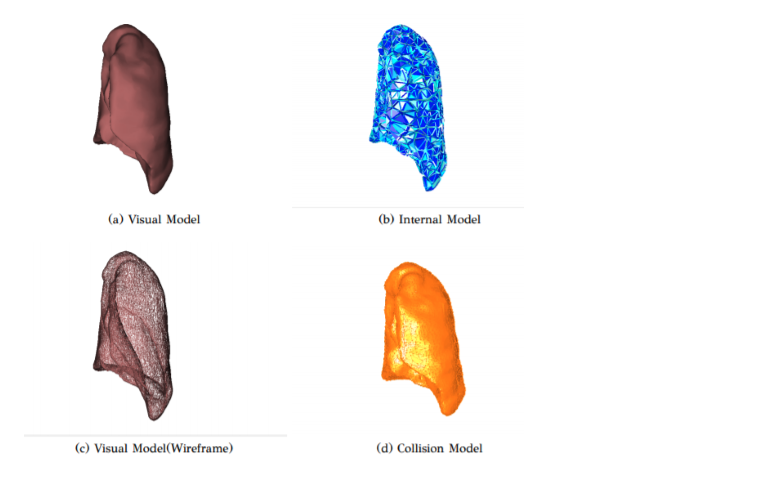
The "Haptics Medical Simulation" project on GitHub, developed by Harris Komninos, is an open-source framework for creating haptic-enabled medical simulations. It aims to provide realistic touch feedback to enhance the training and skill development of medical professionals.
The project utilizes haptic devices to simulate the tactile experience of medical procedures, allowing users to feel the physical properties of virtual objects. This framework is designed to improve the accuracy and effectiveness of medical training by incorporating the sense of touch.
8. Skills-Lab | VR Nursing Simulator
The "Skills Lab" project on GitHub, developed by Stefan Bauwens, is an open-source platform designed to facilitate the learning and practice of various skills through interactive simulations.
It aims to provide a virtual environment where users can engage in hands-on training for different skills, enhancing their learning experience. The platform is versatile and can be adapted for various educational purposes, offering tools and features to create realistic practice scenarios.
9. Patient Simulator
The Patient Simulator is an open-source tool for simulating patient conditions. It is designed to aid medical training by providing realistic patient scenarios for practice. The simulator allows users to interact with virtual patients, observing and responding to various medical conditions and treatments.
It aims to enhance the training experience for healthcare professionals by offering a controlled environment for developing diagnostic and treatment skills.
It is developed by Maksym Petyak.
Features
- ChatGPT for analysis and conversation module
- ElevenLabs for voicing the patient lines
- Whisper for getting user's voice input
- Mock patient image with Stable diffusion
10. MedSim3D: Medical Simulation Framework in the 3D environment
MedSim3D is an open-source 3D medical simulation platform. It is designed to create realistic and interactive simulations for medical training and education. The platform leverages 3D graphics and physics to simulate medical procedures and scenarios, providing a virtual environment for healthcare professionals and students to practice and refine their skills.
11. Surgery Simulator
This is an open-source platform for simulating surgical procedures. It aims to provide an interactive and realistic environment for medical students and professionals to practice surgeries. The simulator includes detailed 3D models and tools to replicate various surgical techniques and scenarios, enhancing the training and skill development of users.
It is developed primary by the Unity Game Engine.
12. IMHOTEP
Developed by Micha Pfeiffer, as an open-source framework designed for creating and managing medical simulations. Named after the ancient Egyptian physician Imhotep, the platform facilitates the development of interactive and realistic medical training scenarios.
It includes tools for modeling patient conditions, simulating medical procedures, and providing feedback, aiming to enhance the training and education of healthcare professionals.
Features
- Load and display segmented 3D models of patient organs
- Load display 2D MRI/CT images in DICOM format
- Display case-specific additional information (med. indication, patient history, ...)
- Supports Occulus Rift and HTC Vive
- Intuitive interaction using HTC Vive controllers or Mouse
- 3D User-Interface to maximize workspace
- 3D/2D Annotation System
- Predefined views and orientations of the organs
- Volumetric Rendering (can be slow on lower end systems, might need more optimization)
13. Cancer-Spread-Simulation
The "Cancer Spread Simulation" project by RayPops is an open-source tool for modeling cancer spread in the body. It visually represents cancer progression and behavior under different conditions.
Benefits:
- Educational Tool: Helps in understanding cancer dynamics.
- Research Aid: Assists in testing hypotheses and visualizing treatment impacts.
- Insight Generation: Aids in developing new treatment strategies.
14. SIMVASCULAR
SimVascular is an open-source software suite for cardiovascular simulation. It provides tools for image-based modeling, blood flow simulation, and analysis of cardiovascular systems.
The platform supports a complete pipeline from medical image data to patient-specific blood flow simulation and analysis.

15. SnappySonic
SnappySonic can be used as an ultrasound acquisition simulator. The output from a tracking system (NDI or AruCo tags) is to select a frame of pre-recorded video to show. A suitable video of ultrasound data is included in the data directory, however the user can select a video of their choosing.
16. Synthetic Patient Generation
Synthea is an open-source synthetic patient generator that models the medical histories of synthetic patients. It provides realistic healthcare data for research, software testing, and training purposes. The tool simulates the entire healthcare system, producing data that reflects real-world medical records.
- Ready to use.

17. simlab
This is a free and open-source JavaScript library to generate mock patient laboratory test reports, for use in medical simulation teaching.
18. Surgery simulation on SOFA Framework
This project combines visual and haptic feedback to simulate surgical procedures, providing a realistic training environment for medical professionals. The simulator aims to enhance the learning experience by allowing users to practice and refine their skills in a virtual setting.
19. SkinFlaps
This open source project provides a soft tissue surgical simulation program which allows a surgeon to experiment with his/her own surgical designs to solve a soft tissue surgery problem. The technical details regarding the inner workings of the code as well as the motivations for its use may be found in this paper.
20. Surgical Gym: A high-performance GPU-based platform for surgical robot learning (WIP)
Surgical Gym is an open-source platform for surgical training. It offers a virtual environment where medical professionals can practice surgical techniques. The platform aims to improve surgical skills through repeated practice and realistic simulations.
21. vtkESQui
vtkESQui is a surgical simulation software platform. The purpose of this project to provide a framework which allows, in an easy way, to build a virtual simulation of minimallly invasive surgical techniques.
This platform, is a vtk-based software project that has been implemented in C++. The distribution follows the standard structure for vtk's projects. There are a few access layers to ease the use of the platform, such as: Tcl and Python.
22. ORBIT-Surgical
Orbit Surgical is an open-source platform designed for advanced surgical training and planning. It provides a suite of tools that enable realistic simulations of surgical procedures, enhancing the education and skill development of medical professionals. The platform integrates visual and haptic feedback to create a comprehensive training environment.
Doctors and students can practice various surgical techniques in a controlled, virtual setting, allowing for repeated practice without risk to patients. Orbit Surgical aims to bridge the gap between theoretical knowledge and practical skills, making it a valuable resource for both novice and experienced surgeons.
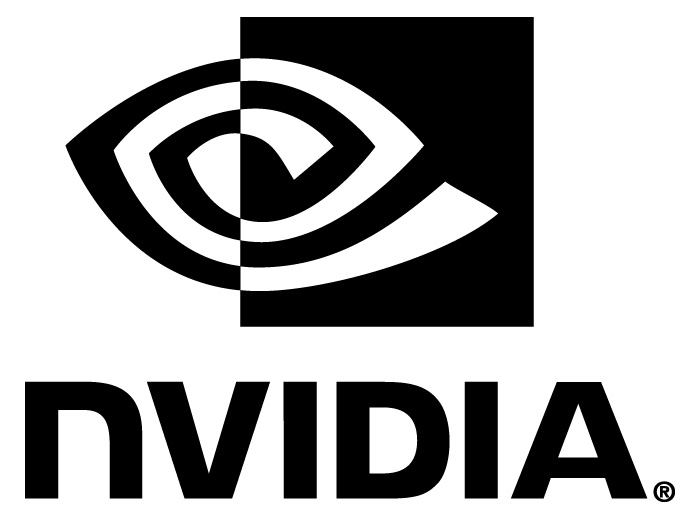
23. SciKit-Surgery Compact Libraries for Surgical Navigation
SciKit-Surgery is an open-source toolkit designed for surgical navigation and medical image computing. It provides a collection of tools and libraries to support the development and implementation of surgical navigation systems.
The toolkit includes functionalities for image processing, visualization, and instrument tracking, aiming to improve the accuracy and efficiency of surgical procedures. SciKit-Surgery is intended for use in both research and clinical environments, facilitating the integration of advanced computational techniques into surgical practice.

